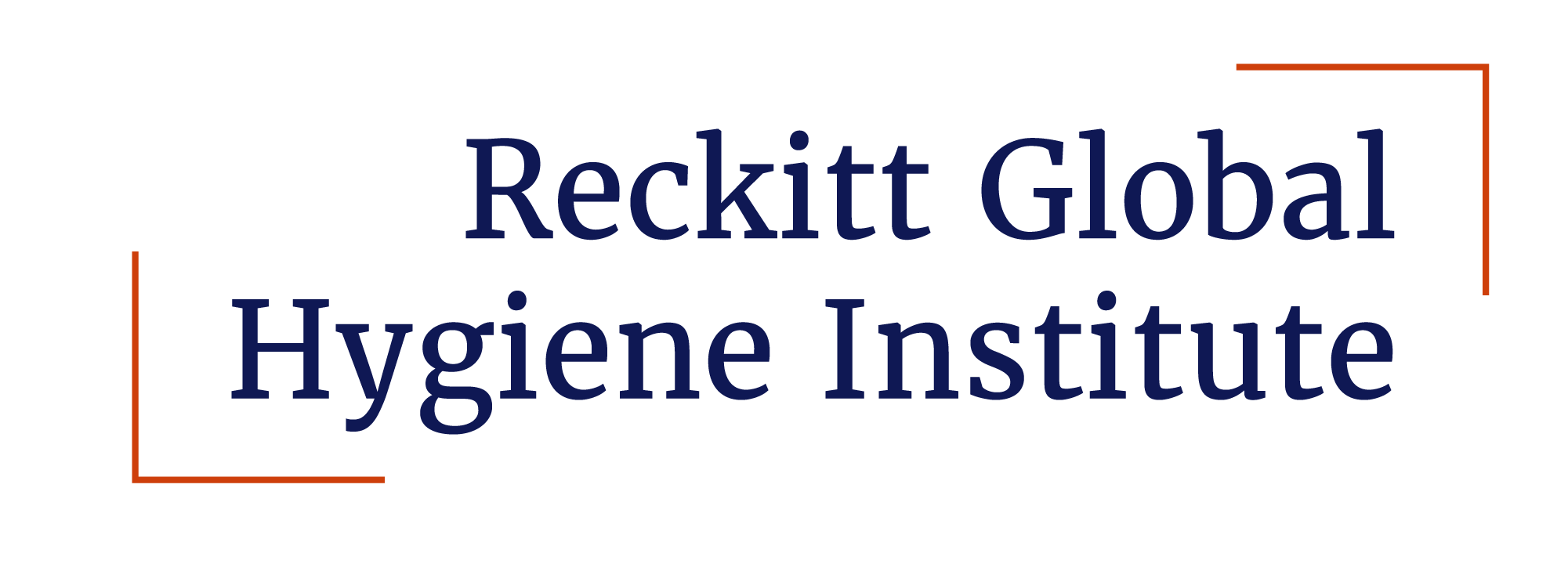Reflections from the UNC Water & Health Conference: Elevating the Role of Hygiene
Sarah Roberts, Executive Director, RGHI — 24 October 2024
It was a thought-provoking week at the UNC Water & Health Conference, where we dove deep into some of the most pressing issues surrounding global water, sanitation, and hygiene. The conference kicked off with a powerful plenary focused on the United Nations Water Strategy 2030, which is part of the broader global effort to achieve Sustainable Development Goal 6 (SDG 6)—universal access to clean water, sanitation, and hygiene by 2030.
During this session, Bruce Gordon, WHO emphasised the need for better coordination in WASH research to inform policy and drive impactful interventions. He highlighted both the need for general ‘how-to’ research and the opportunity to plug gaps in specific areas, such as antimicrobial resistance (AMR). Claire Chase, from the World Bank, echoed this sentiment, stressing that the WASH sector still faces many unanswered questions that demand urgent research to move forward.
As a research funder, this gives us plenty of food for thought!
What truly stood out during the discussions was the palpable momentum in the WASH sector, driven by unprecedented political will to tackle these issues head-on. However, this momentum comes with significant challenges, primarily funding gaps. Water is the foundation of health, yet it’s experiencing a funding crisis. This raises the question: what hope is there for hygiene?
While no one would argue that clean water and sanitation are essential, without proper hygiene practices, it is more challenging to recognise the full health benefits of these initiatives. Hygiene plays a critical role in preventing diseases and arresting pandemics, reducing healthcare costs, improving productivity, and addressing gender and educational disparities. Therefore, surely, to achieve sustainable and lasting outcomes, the agenda must integrate hygiene into its core strategy, ensuring comprehensive public health improvements globally.
The reality is, we can’t assume someone else will prioritise hygiene. It often ranks low in government budgets and faces a shrinking donor landscape. Without continued support, hygiene risks being marginalised and left on the periphery of future WASH initiatives and the revised SDGs.
As the Reckitt Global Hygiene Institute (RGHI), our mission is clear: To fund transformative hygiene research and collaboration and strengthen global research capacity to enable evidence informed, impactful, policy and practice accelerating advancements in global health and wellbeing.
Through our convening power, RGHI brings together collaborators across disciplines, because achieving transformative hygiene outcomes requires more than isolated research. It demands coordinated efforts across all sectors. And this is precisely where RGHI can make a significant impact.
So, it sounds like a job right up our street.

 CBCC- a child pumps water at the village well by Melissa Cooperman/IFPRI (CC BY-NC-ND 2.0 https://creativecommons.org/licenses/by-nc-nd/2.0/)
CBCC- a child pumps water at the village well by Melissa Cooperman/IFPRI (CC BY-NC-ND 2.0 https://creativecommons.org/licenses/by-nc-nd/2.0/)